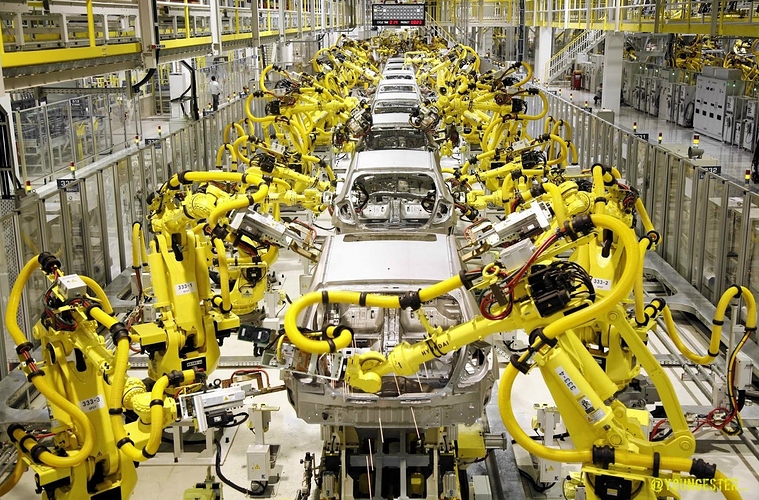At Motherboard, Michael Byrne reports on the recent publication of a major scientific paper that strives to bring some clarity to the muddled predictions about the ways jobs will be impacted by machine learning (ML) in the coming years. One big takeaway from the paper is that rather than rendering whole categories of jobs completely obsolete, ML is more likely to radically transform jobs that humans currently do. Here’s an excerpt from the article:
There are other factors that are a bit less quantitative. There’s human-ness, for one. Emotional intelligence and empathy aren’t really suitable for machine learning (SML). “The more unstructured task of interacting with other doctors, and the potentially emotionally fraught task of communicating with and comforting patients, are much less suitable for ML approaches, at least as they exist today,” Brynjolfsson and Mitchell note.
What seems most likely is that SML tasks are not whole jobs or professions, but are instead components within those professions. Machine learning will continue to advance, but rather than stealing all the jobs (though it will surely consume many of them), it will become a normal component of a great many jobs. Because an algorithm can predict a cancer diagnosis doesn’t mean it will become your new doctor. More likely, that algorithm will become a tool wielded by your still-human doctor.
Image: Robots on an automobile assembly line. Via actemium.com.
